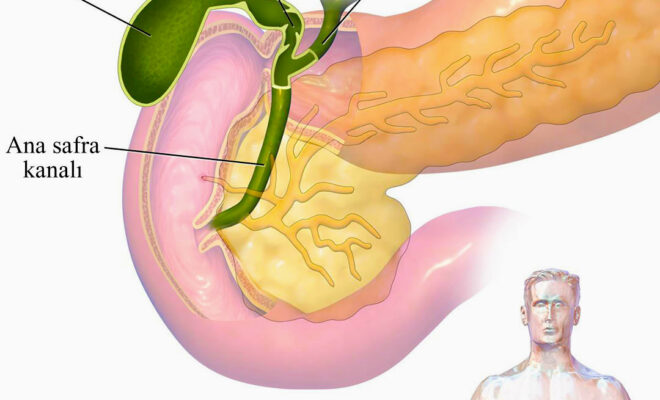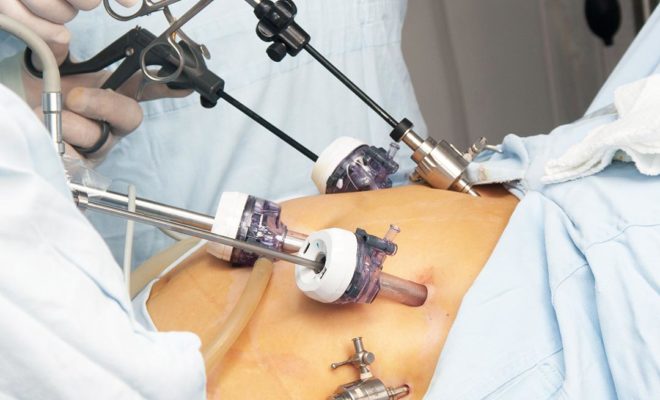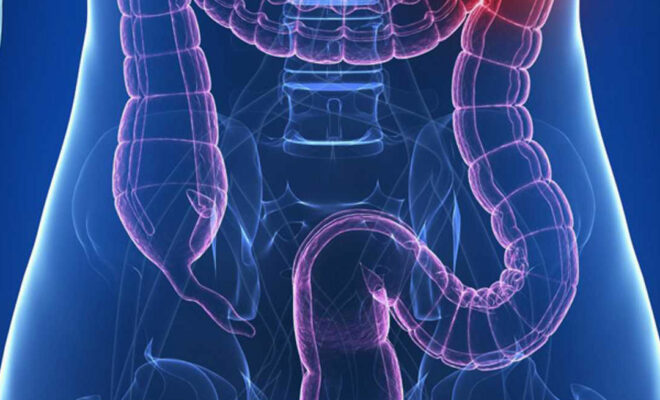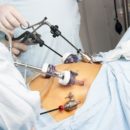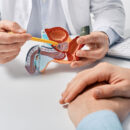What is Breast Cancer? How Does Diagnosis and Treatment Work?
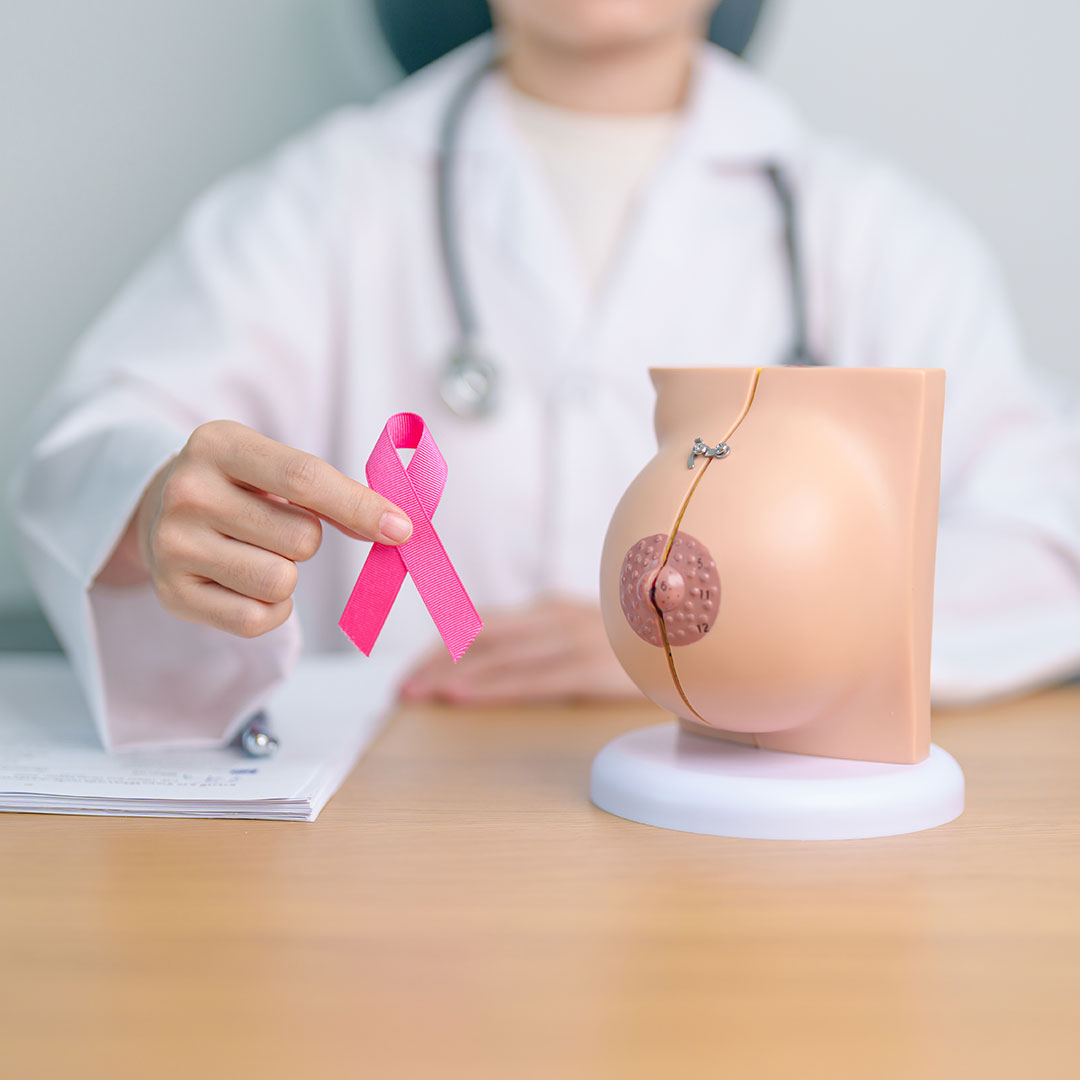
Breast cancer is a disease caused by the uncontrolled proliferation of cells in breast tissue and is treatable when diagnosed early. While it is the most common type of cancer in women, it can also occur in men, although it is rare. Thanks to advancements in medical technology, the success rate in breast cancer treatment is quite high today.
Symptoms of Breast Cancer
Breast cancer often doesn't cause symptoms in the early stages. However, it's important to consult a specialist if you observe the following changes:
- A hard, painless mass in the breast or armpit
- Discharge or bleeding from the nipple
- Breast skin pulling, redness, peeling, or orange-peel appearance
- Nipple turning inward
- Asymmetry in breast size or shape
Although these symptoms are not always indicative of cancer, they should be carefully evaluated for early diagnosis.
Diagnostic Process
Diagnosing breast cancer is a multidisciplinary process. The process typically consists of the following stages:
- Clinical Evaluation: Detailed physical examination performed by a specialist physician.
- Imaging MethodsDetection of the lesion by mammography, breast ultrasound, or magnetic resonance (MRI) imaging.
- Biopsy: Making a definitive diagnosis by pathological examination of a sample taken from the suspicious tissue.
After diagnosis, a personalized treatment plan is prepared by determining the stage of the disease, the type of tumor and its biological characteristics.
Treatment Process
The goal of breast cancer treatment is to completely eliminate the disease while preserving quality of life. The treatment plan is determined by considering the stage of the disease, the type of tumor, and the patient's overall health.
The main treatment methods applied are:
- Surgical treatment: Removal of the tumor or, if necessary, the entire breast (lumpectomy or mastectomy).
- Radiotherapy: Destroying remaining cancer cells after surgery.
- Chemotherapy: Destroying cancer cells through systematic drug therapy.
- Hormone and Targeted TherapiesTreatment options based on the hormone receptor structure or genetic characteristics of the cancer.
All these processes are carried out with the coordinated work of oncology, general surgery, radiology, pathology and psychology units.
The Importance of Early Diagnosis
Early diagnosis is the most important factor in successful treatment of breast cancer. Therefore:
- From the age of 20 Every woman should perform a breast self-examination once a month,
- Women aged 40 and over It is recommended to have a mammogram once a year.
Regular check-ups allow possible changes to be detected early and significantly increase the chance of cure.
Op. Dr. Cemal SEYHUN
General surgery specialist
Contact Us For Appointment:
Telephone line: 0392 444 3548 (ELIT)
Contact Form: https://www.elitenicosia.com/iletisim/

